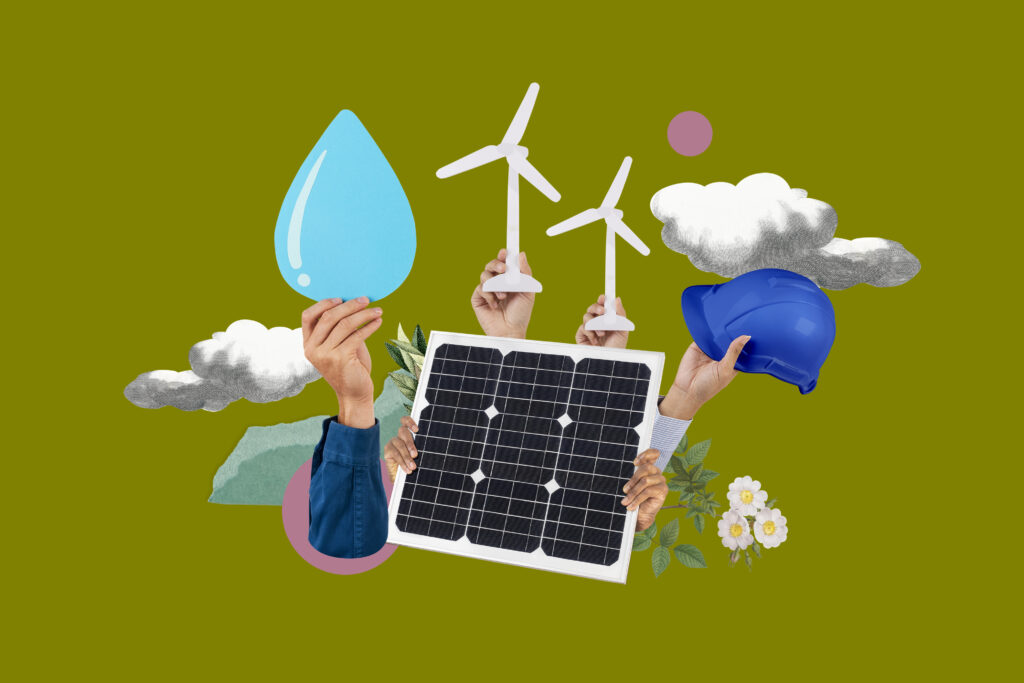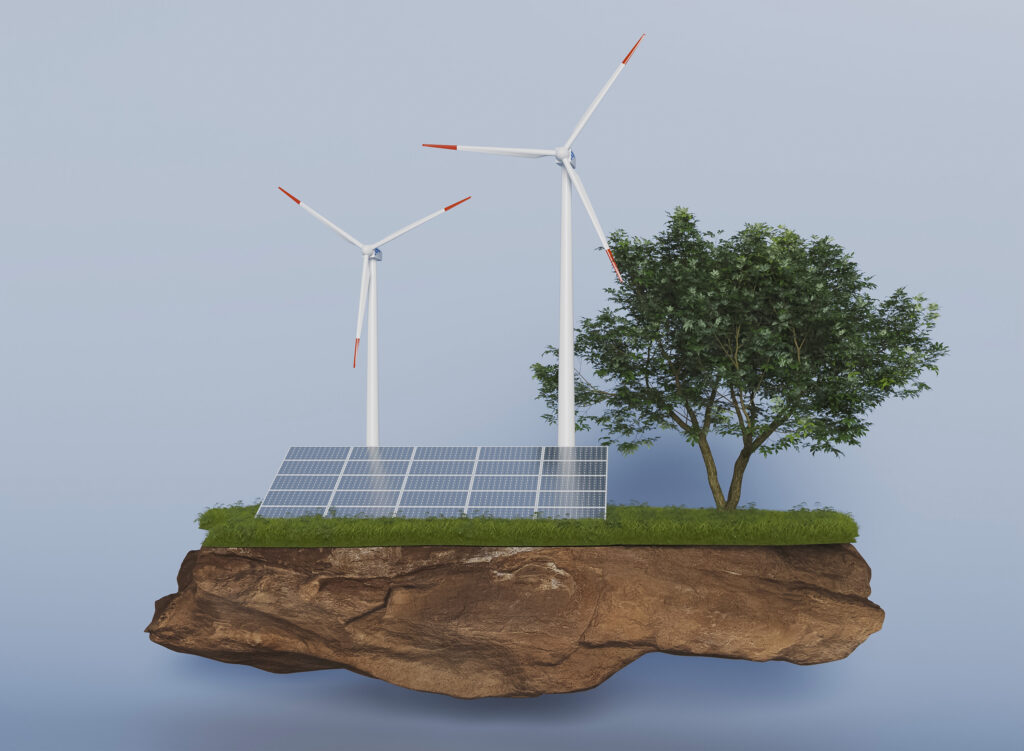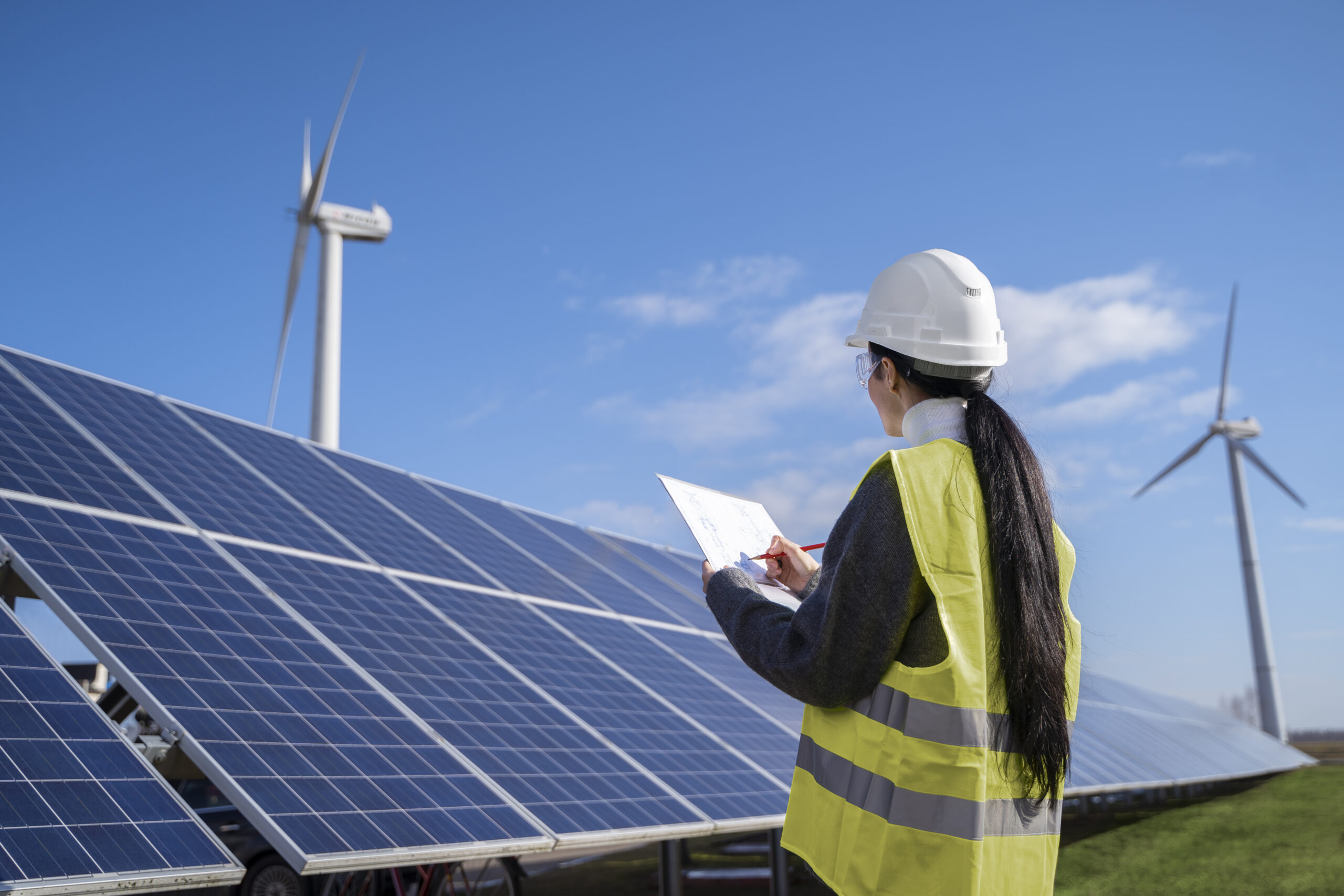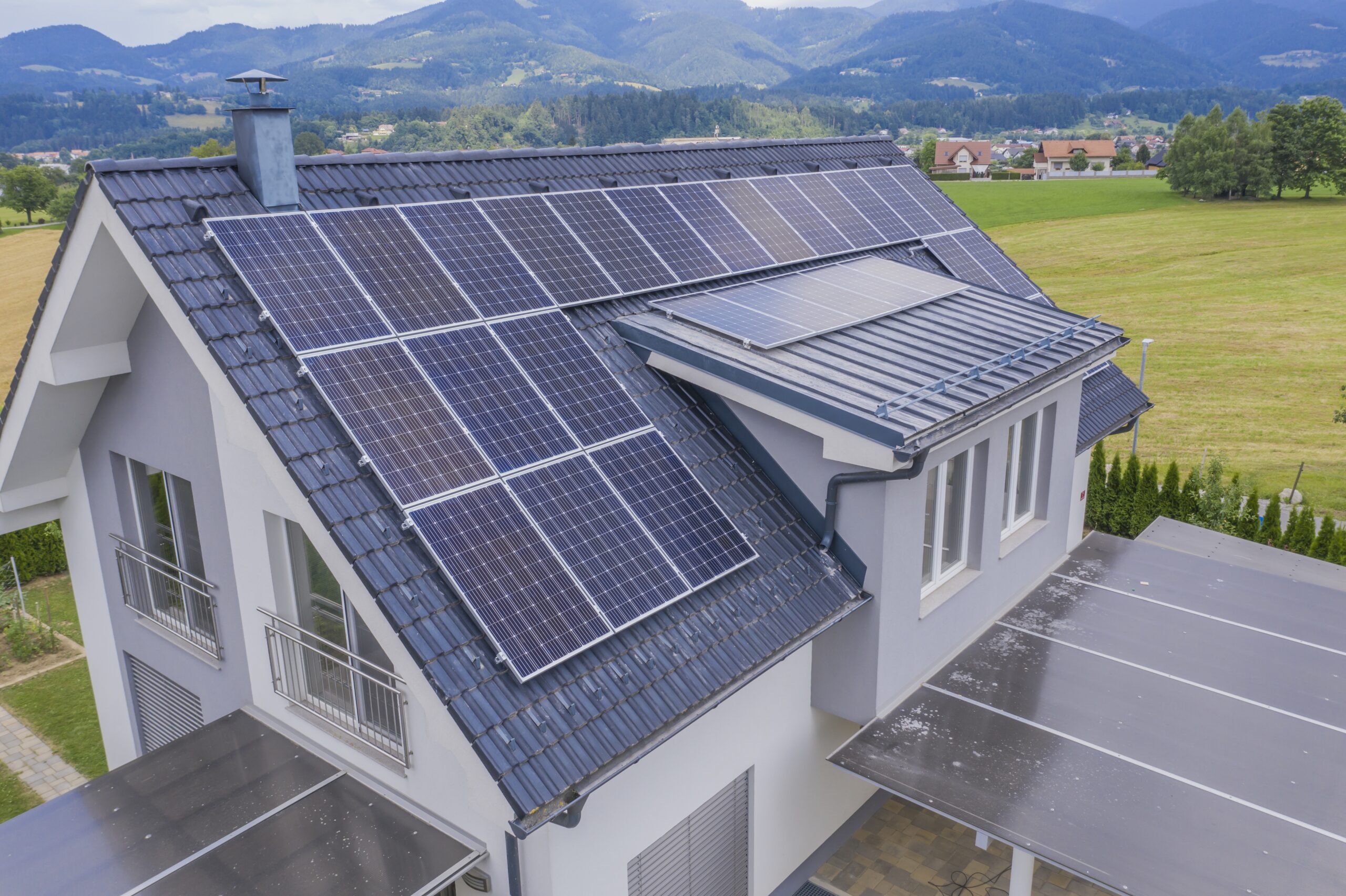As time passes, the demand for energy fuels is increasing rapidly. However, traditional fuels—known as fossil fuels—are finite, and research suggests that within 50 to 100 years, these resources could be depleted. The world urgently needs better alternatives for energy production. That’s why more attention is being given to renewable sources of energy. Currently, renewable sources produce around 30% of the world’s energy. But will renewable energy ever fully replace fossil fuels and power the entire planet? Let’s explore the challenges and possibilities.

What Are Fossil Fuels?
Fossil fuels refer to non-renewable energy sources such as coal, natural gas, crude oil, and other finite materials. These fuels are formed from the remains of plants and animals that lived millions of years ago. Today, they power a large portion of the global energy system.
However, fossil fuels are the main culprit behind massive CO₂ emissions. The combustion of these fuels accounts for 80% of manmade CO₂ and greenhouse gas emissions. Climate change and the threat of global warming are largely driven by fossil fuel use.

What Are Renewable Energy?
Renewable energy comes from natural sources that are abundant and virtually infinite. Sunlight, wind, and waves are some examples of renewable energy sources. These sources do not run out and can be used continuously. Major types of renewable energy include solar PV, wind turbines, and hydropower.
These sources not only replenish naturally but are also far more environmentally friendly than fossil fuels. For example, coal is considered one of the most polluting sources, producing around 2.3 tons of CO₂ per megawatt-hour. Oil and natural gas emit around 0.9 and 0.5 tons of CO₂ per megawatt-hour, respectively. In contrast, renewable sources produce little to no direct CO₂ emissions.
Moreover, renewable energy creates three times more jobs than fossil fuels. Scientists believe that adopting renewable energy solutions is the only way to achieve net-zero carbon emissions. So, why aren’t we already powering the entire world with renewables?
Challenges of Adopting 100% Renewable Energy
There are three main challenges to powering the entire world with renewable energy: political, technical, and economic.
Political Challenges
Many political leaders and policymakers often show a lack of urgency regarding climate change. In some cases, fossil fuel industry stakeholders influence policymakers to protect their interests, resulting in biased or inadequate energy policies.
Technical Challenges
There are still technical barriers to fully adopting renewables. Smart energy grids are not yet deployed everywhere to efficiently transport renewable energy. Additionally, energy density and transmission losses pose challenges. Hydropower, biomass, and geothermal technologies also depend heavily on geographical location and resource availability.
Economic Challenges
Building global energy transportation infrastructure and renewable energy facilities requires significant investment. Although the cost of renewable technologies is decreasing due to ongoing research, further drastic efforts are needed to make them more affordable and accessible worldwide.
How to Solve the Problems
To overcome these barriers, extensive research and innovation in renewable energy technologies are essential. Efficiency must be improved, and costs must be reduced. Public awareness, NGOs, and businesses must also play an active role by advocating for strong renewable energy policies and opposing those that hinder progress.
Businesses should seek more opportunities to invest in renewable energy and its related technologies. Research estimates that if certain conditions are met, renewable energy could replace fossil fuels by 2050. Renewables need to be used six times more than they are today. Hydropower and geothermal energy should be expanded to contribute around 31% of the total energy mix. In addition, strict policies must be implemented to reduce fossil fuel use and cut methane emissions by 75%. If these actions are taken, the current inefficiencies can be addressed, and the world could be fully powered by renewable energy.

Final Thoughts
Many countries are already adopting renewable technologies and carbon-neutral policies. Combining the power of nature and innovation is perhaps the only sustainable way to power the future. It’s not just about technology or infrastructure—it’s about the actions we take to protect our climate and build a sustainable future. If everything goes well, it’s not unrealistic to believe that fossil fuels will be completely replaced within a few decades.





